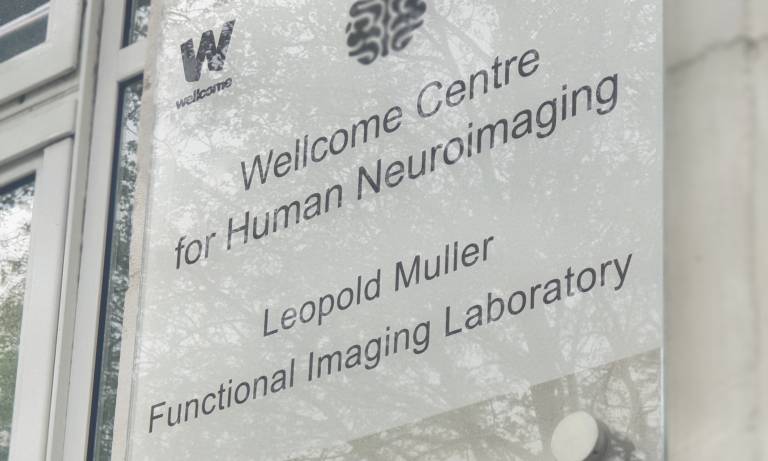Study finds the brain’s cognitive map can help guide social learning
3 May 2019
Humans use cognitive maps – mental representations of different locations within a physical environment – to navigate the physical world. However, cognitive maps could be used for other aspects of human learning, such as helping us relate other people’s preferences to our own.

The study published in PLoS Biology found that the brain regions responsible for spatial navigation could be used to help relate other people’s preferences to our own.
It highlights a potential novel neural mechanism underlying how we learn about other people and relate to them. This means that map-like spatial learning strategies could be used to help people overcome social deficits, like difficulties relating to other people.
“Knowing how another person’s social preferences relate to our own is a central aspect of everyday life, yet how the brain translates such information is unclear,” said Professor Raphael Kaplan, who conducted the study as a Sir Henry Wellcome Postdoctoral Fellow at the Wellcome Centre for Human Neuroimaging.
“Our findings provide clues about how we use map-like learning strategies in non-spatial tasks. This finding is particularly exciting as it suggests that the neural processing that provides us with a mental representation of space might also be used to learn about other people,” said Professor Kaplan.
“In this study, we asked whether brain regions that translate first-person and environmental spatial coordinates during navigation also help us relate other people’s preferences to our own, for example how likely they are to eat spicy food; watch a romantic movie etc.,” he explained.
Further research will look into how neural computations guiding spatial cognition may also be used for flexible learning and decision-making more generally.
In the future this integration of diverse knowledge could also help inform unsupervised learning algorithms in AI, where generalisation from one scenario or task to the other has long been a challenge for a field.
 Close
Close

